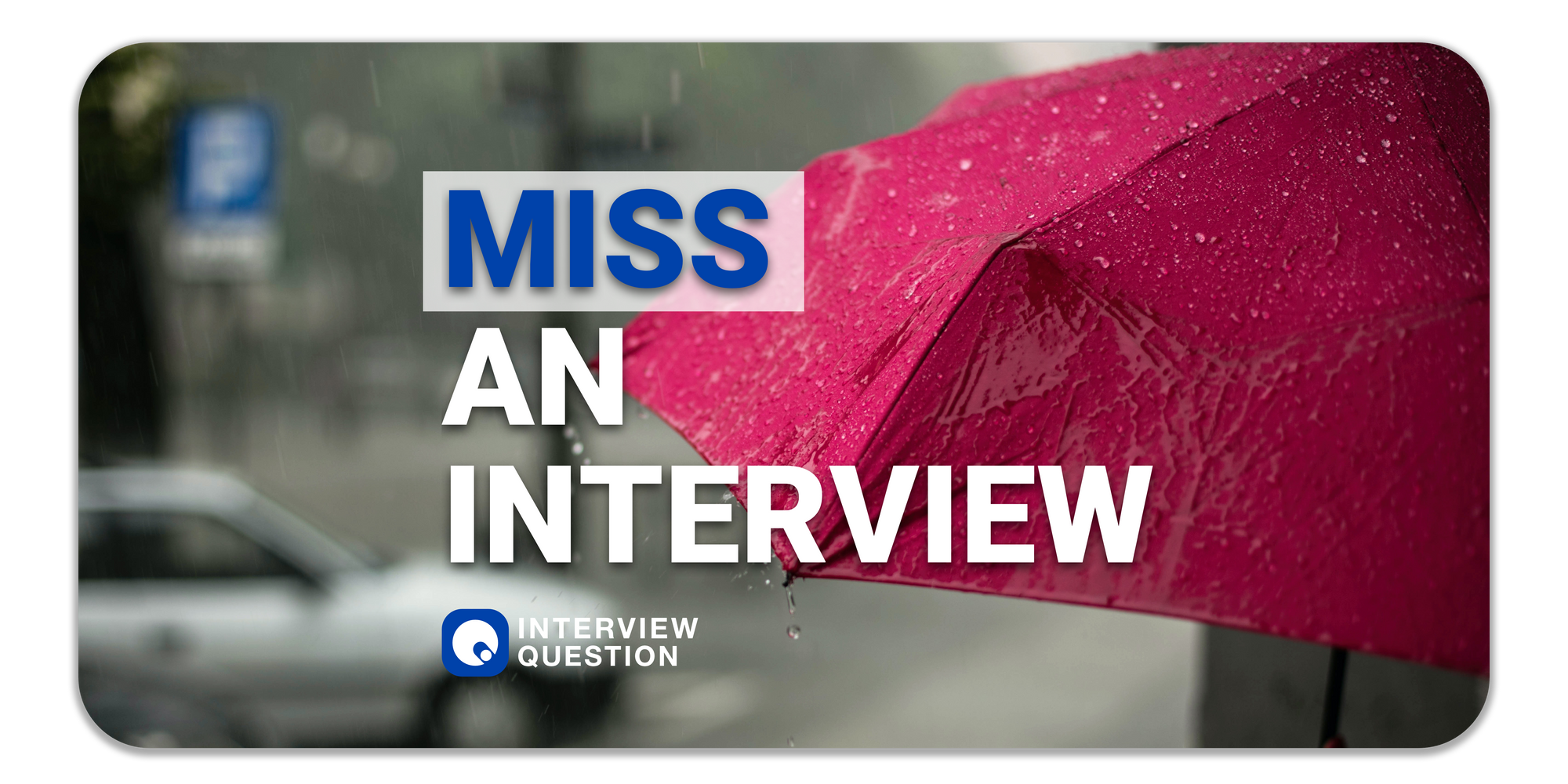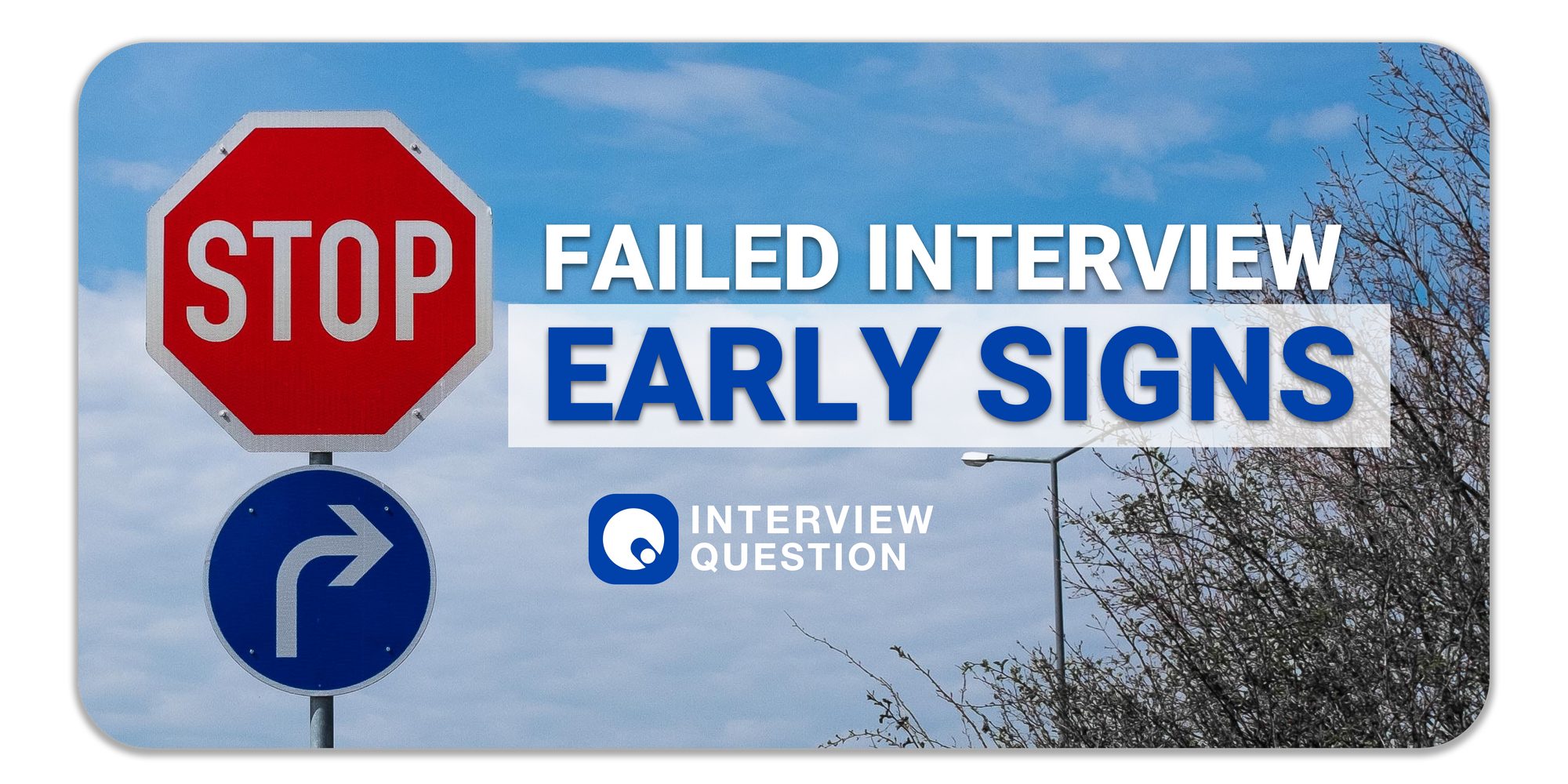A Definitive Guide on How to Prepare for an Interview
• Prepare Resume • Understand Current Trends • Use Keywords • Character References • Plan Questions • Dress & Look Right • Body Language • Have Backup Plans
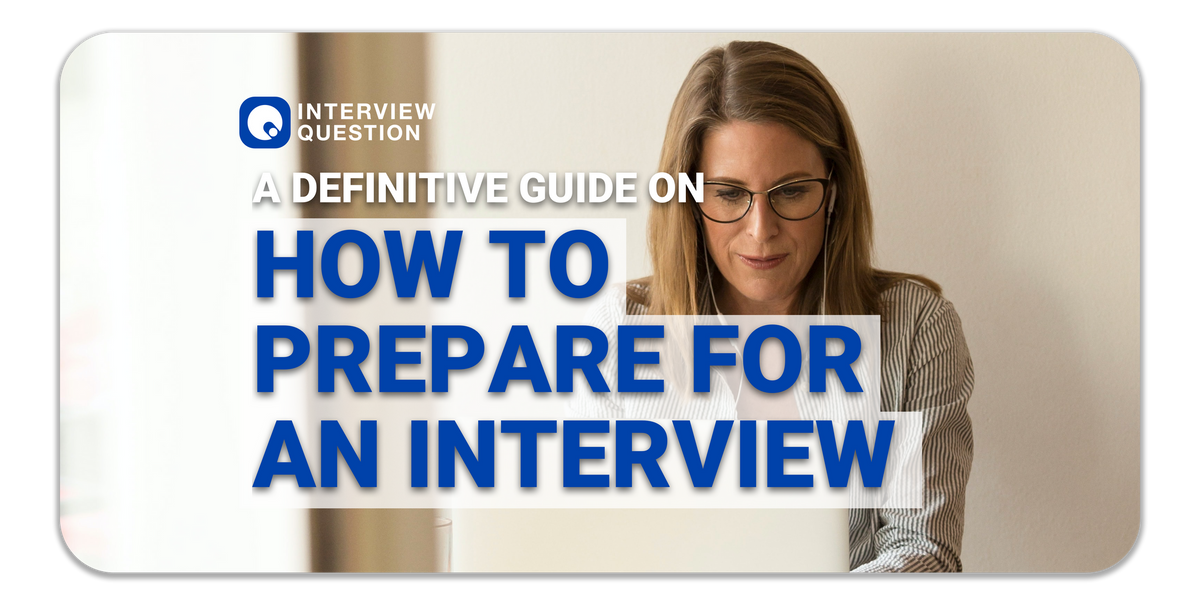
This article will be explaining the necessary preparations and steps for properly preparing yourself for an interview. It will be a list of key components, such as preparing your resume, as well as things to think about when interviewing for a job. This article is full of useful information that will help prepare you for interviews far more than any textbook could ever hope to achieve.
Step 1: Prepare a Resume.
A resume is basically a compilation of all your skills, qualifications, and achievements that makes up who you are professionally. Your resume should be specific to the job or field that you're applying in. It is a way for a potential employer to see what sort of experience you have and how valuable you can be as an employee. You should always keep several copies of your resume at home so that whenever an opportunity arises, whether it's an interview or just cold approaching, that you can have your resume ready to pass along.
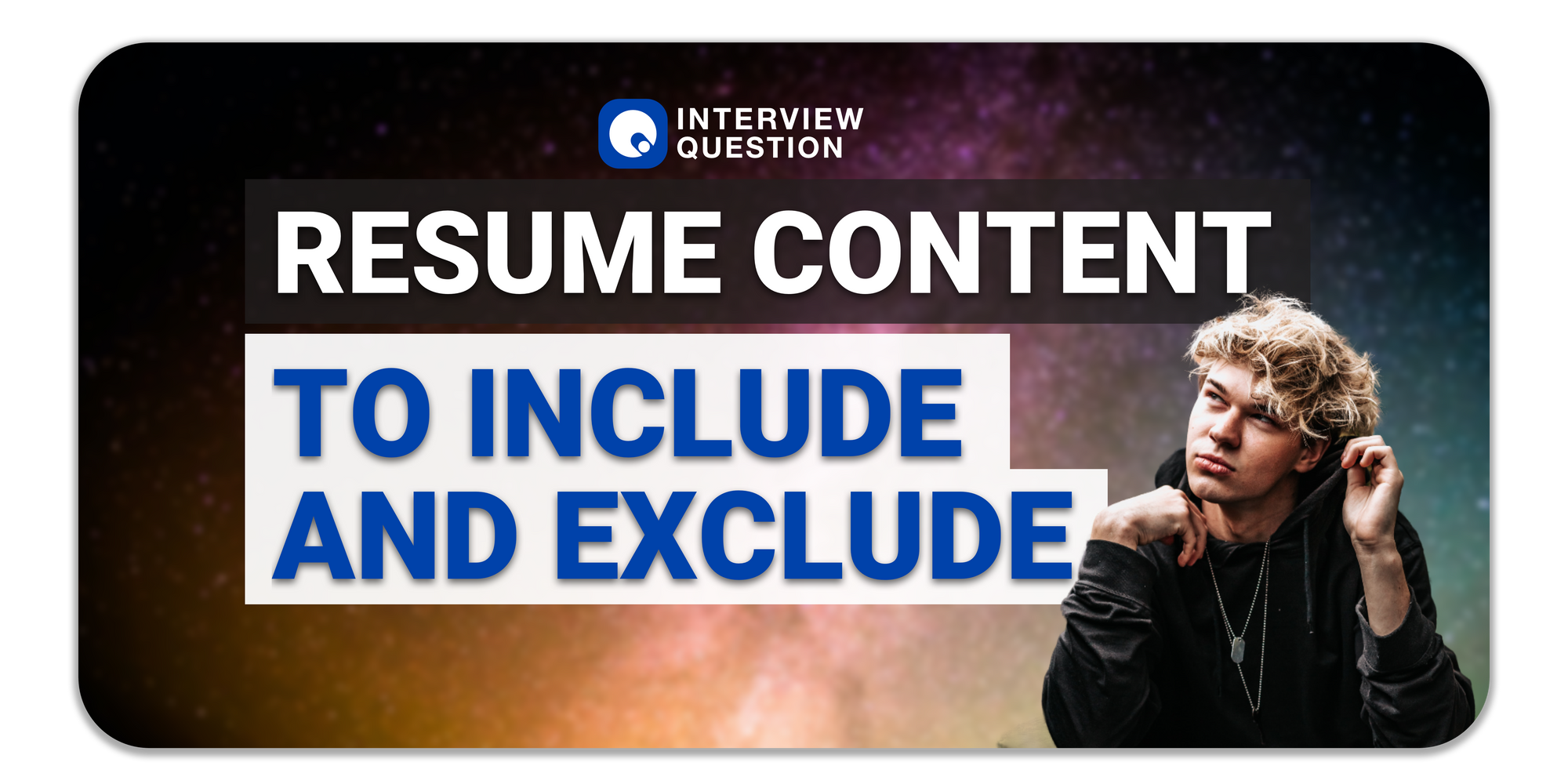
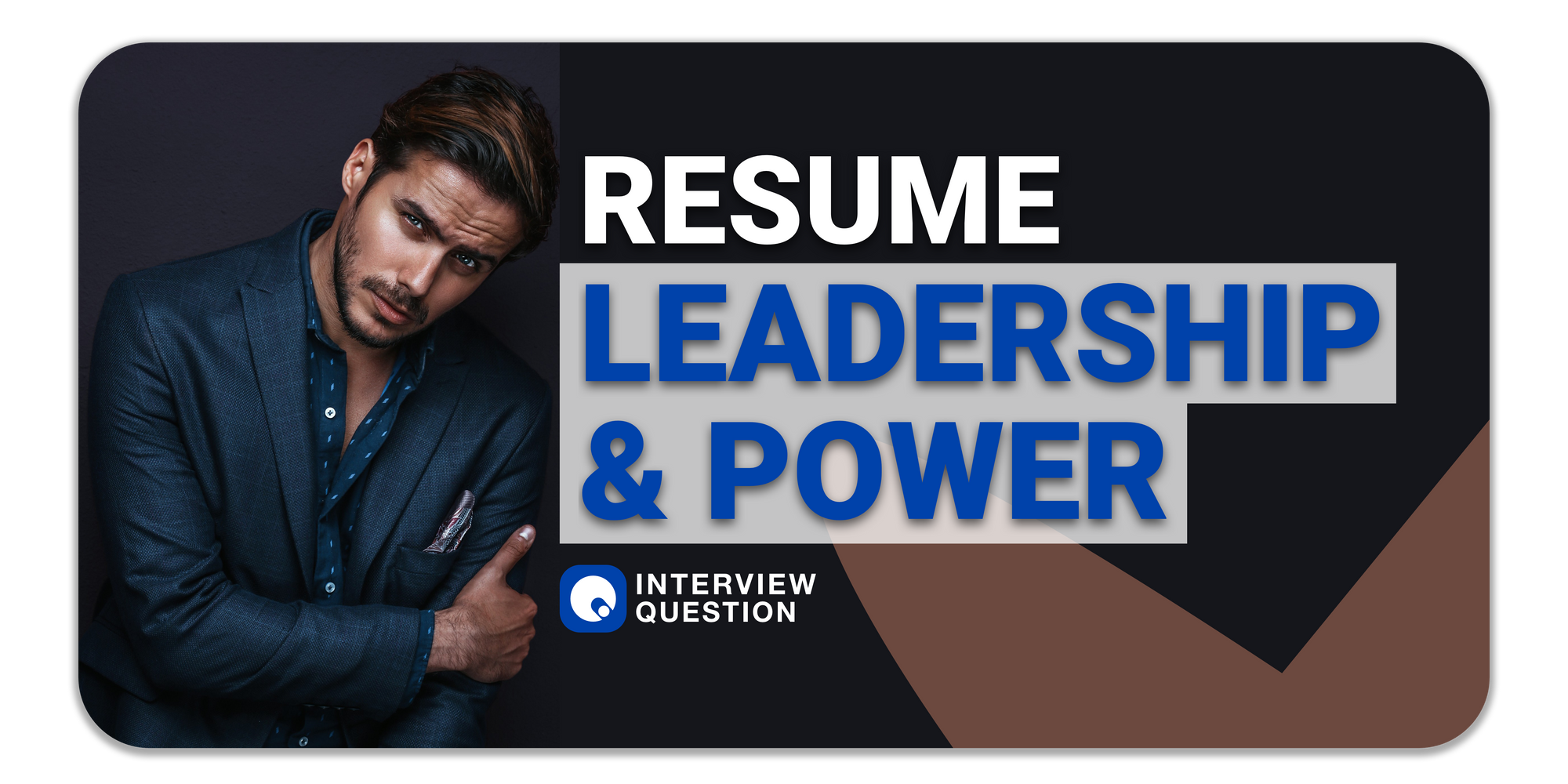
Step 2: Understand Current Trends.
To be a successful candidate, you need to understand how the current job market is changing and also what the future holds for in-demand careers. This step is to help you identify certain trends that are happening in the field as well as those that are predicted to occur in the future. You can find these at online job boards or career websites, which can also provide links on key topics that pertain to a particular field. Below are three examples of trends that employers will be looking at when reviewing your resume:
- Job Hopping: Employers want to see that you've held a job for at least two years and preferably three, which will show stability and commitment.
- Real, Non-Temp Work: More than half of all employers want to see that the candidate has at least some form of work experience prior to attending college, which will lead to valuable skills. Internships are considered a great form of experience.
- Not All Degrees Are the Same: Getting a college degree is still the most common way most employers will see you as qualified, but this is not always true. A degree from a community college or technical school carries different weight than a degree from an Ivy League school, or a 4 year bachelor's programme.
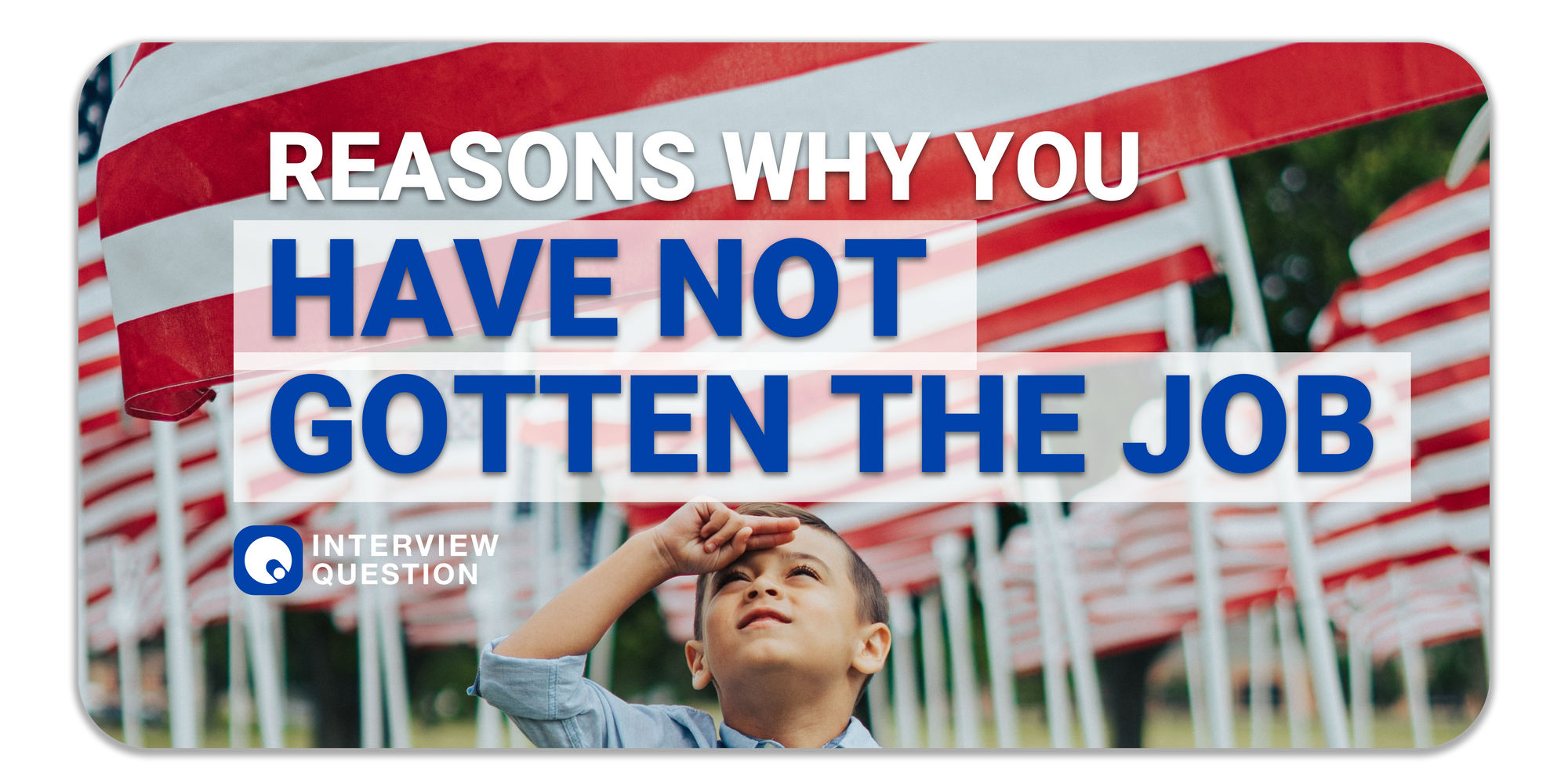
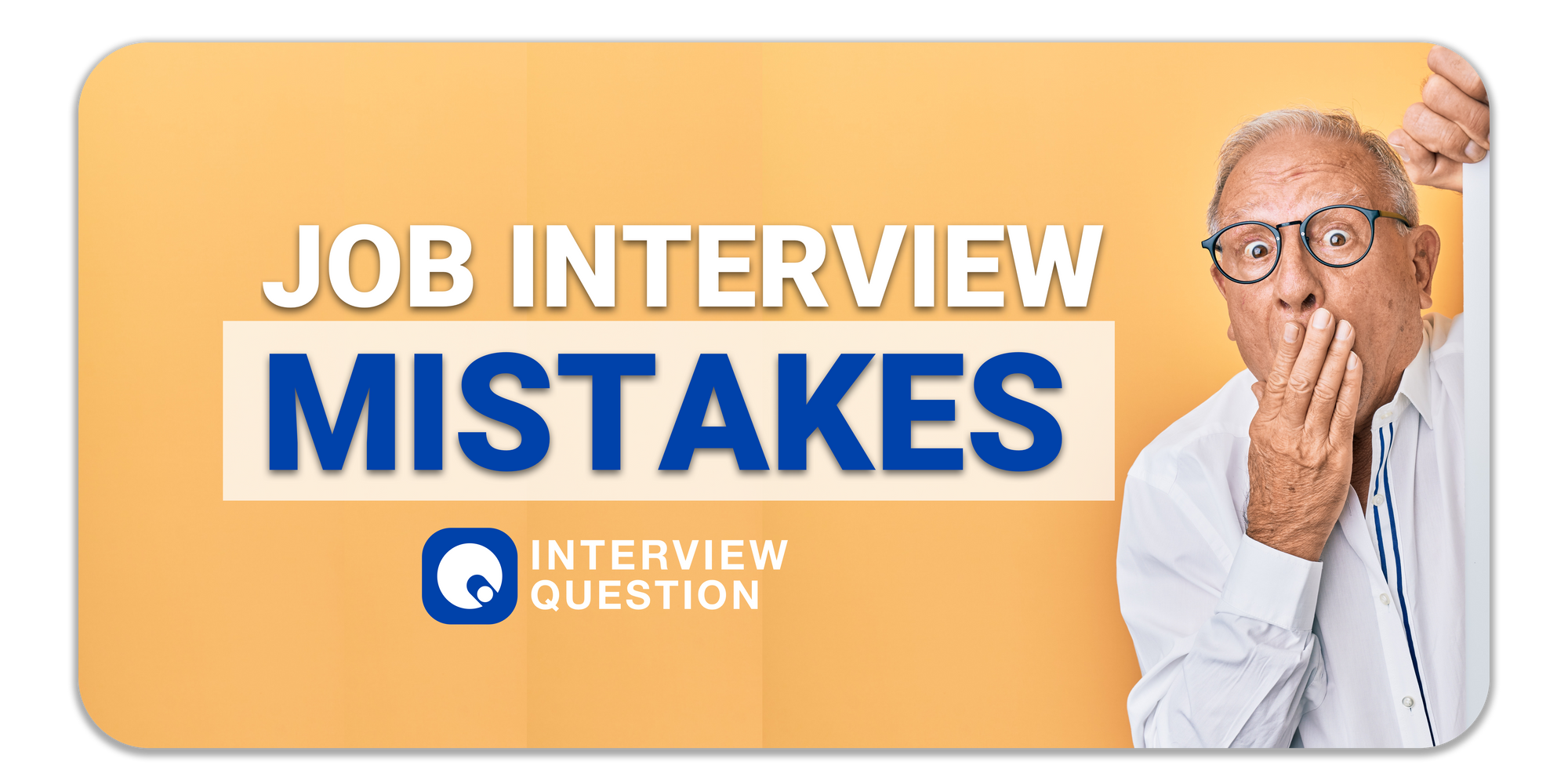
Step 3: Use Keywords.
One of the most important aspects of the hiring process is keyword searches, which employers use to scan through resumes in order to determine whether or not they're qualified for the position. Resumes with specific keywords will give the candidate a higher chance of being a match for a job listing. You should be prepared with several keywords from step two, so that you can include them in your resume to maximize your chances.
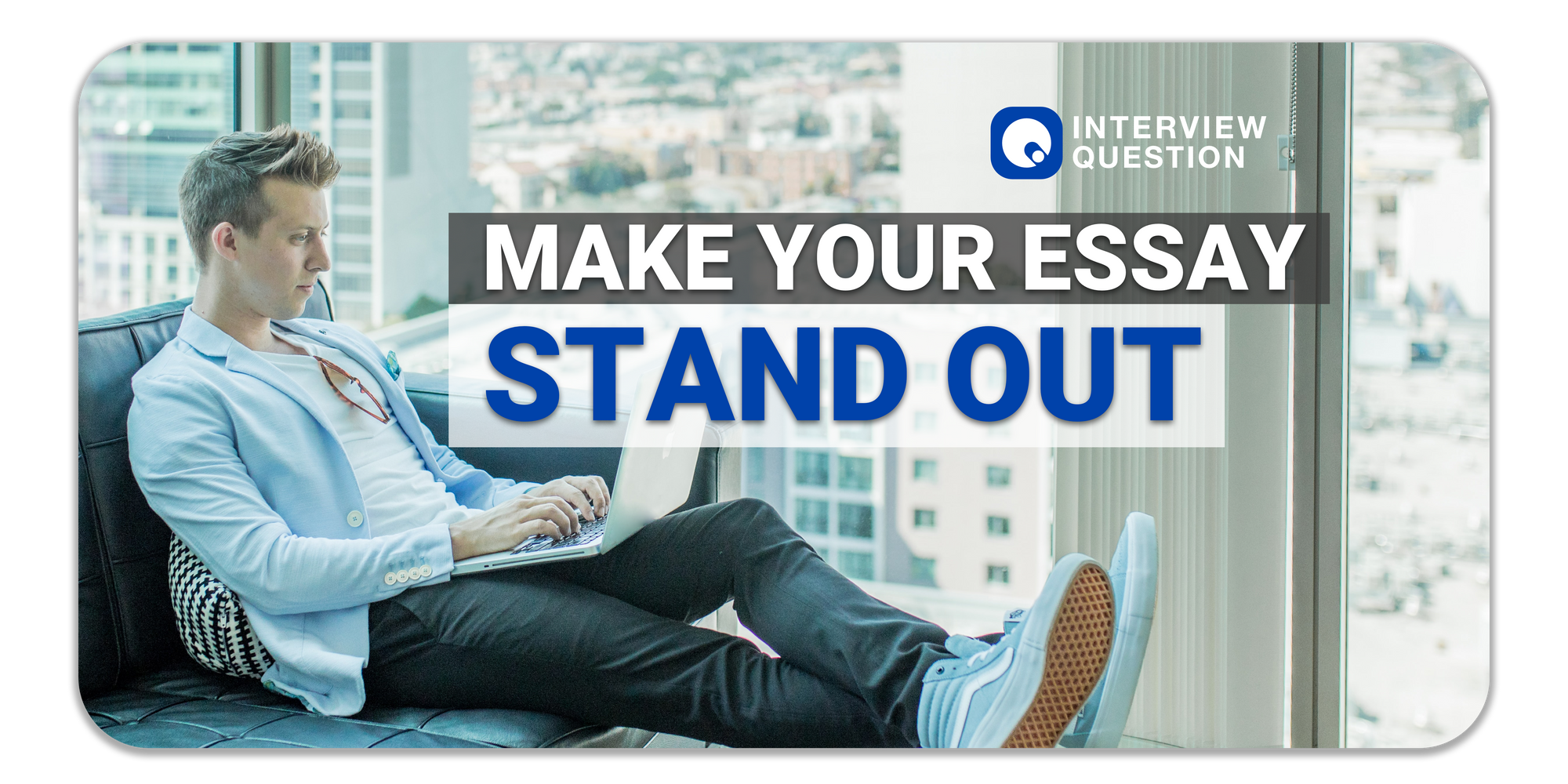
Step 4: Prepare Character References.
This may sound like an odd thing to do, but it is an important step in the interview process. It's true that some employers no longer ask for references, but many do still require them, and they're usually asked during the last stage of the interview process or sometime after an offer is made. When preparing your references you want to think about what sort of traits and characteristics would be valuable to employers when looking at character references. In the case that references are required, the following is a list of things to include when preparing your references:
- Asking for Recommendations: Ask your employer if he/she will be willing to provide a recommendation in writing. You should also ask for any past managers or co-workers who can provide a reference. It's not advisable to just choose friends as your references, unless they're first-hand supervisors.
- Checking References: Once you have an idea about which people are going to be providing your character references, you should always check with them first and see if they're willing to provide a reference. Your reference should also be willing to provide a tangible form of reference – e.g., an email or handwritten letter is better than no reference and a phone call.
- Making the Reference Request: You can contact the same person multiple times to see if they'll be able to agree to providing a reference, but try not to wait too long before making your request – it shows your employer that you're serious about their offer.
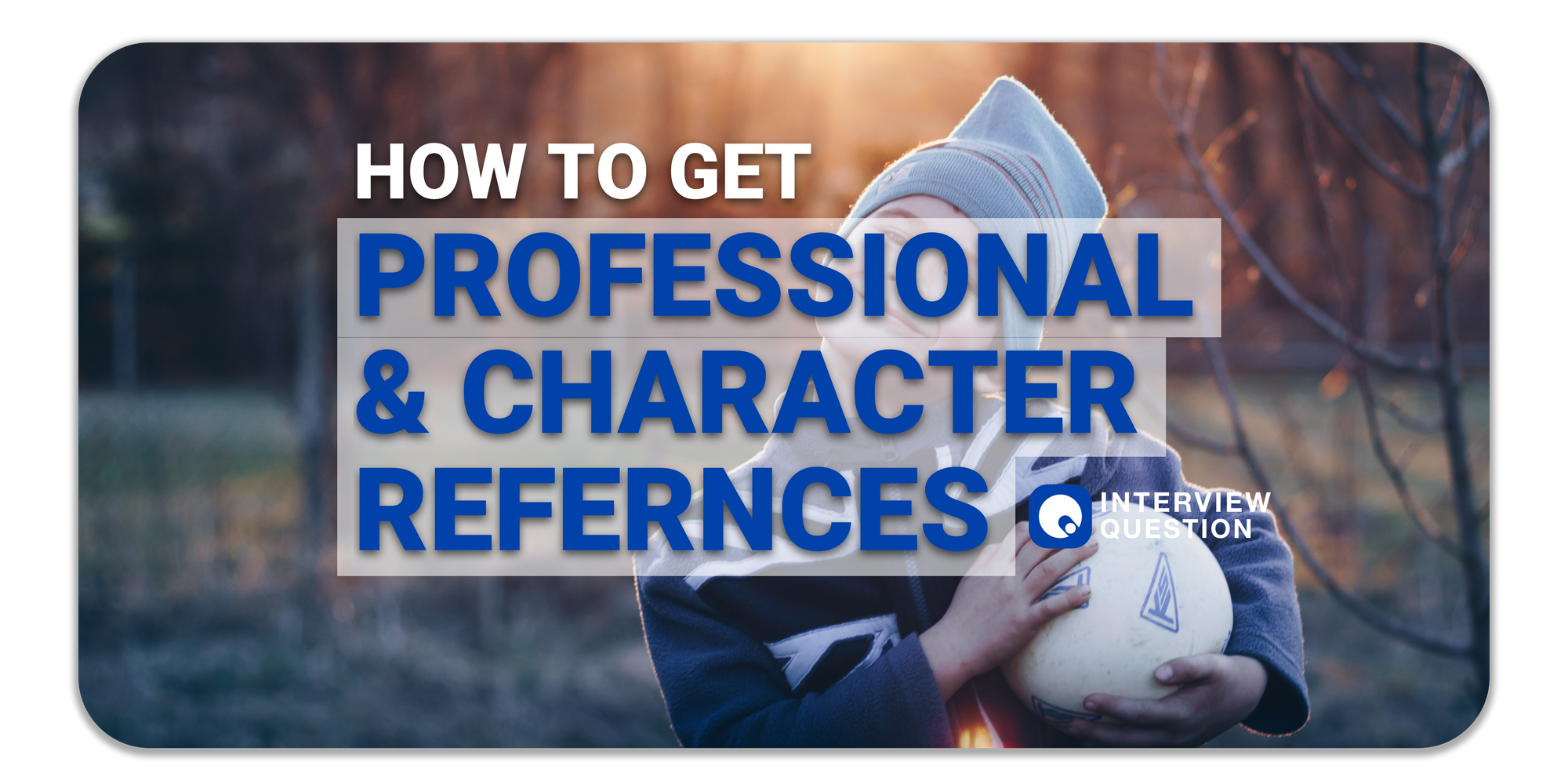
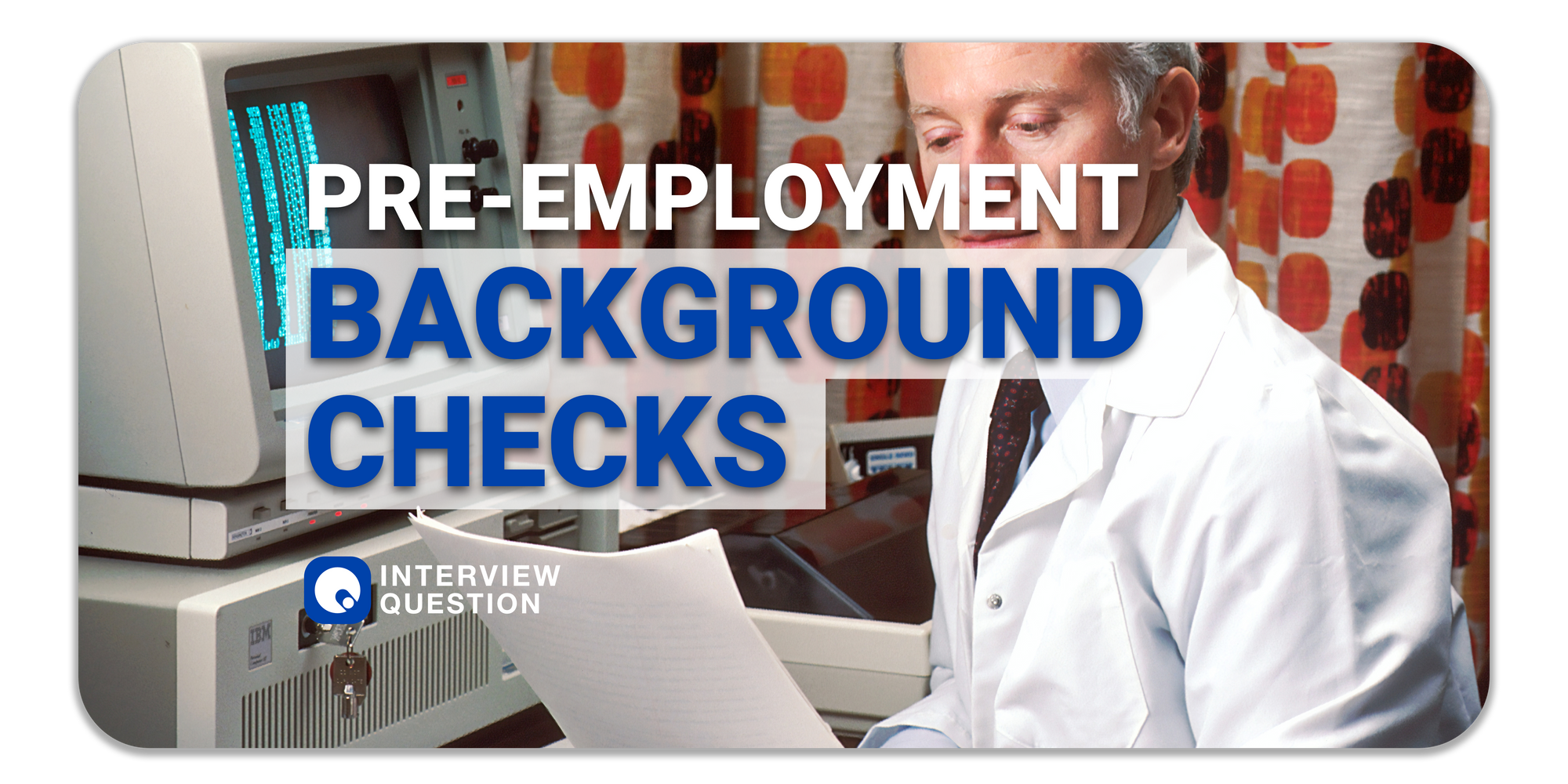
Step 5: Plan Ahead for Questions.
You should always prepare questions to ask the interviewer throughout the entire interview process, but before you go on an interview, you should research it thoroughly and plan what questions you will ask at many different stages of your interview. This way, it allows you to be more confident in yourself and provides an opportunity to show off certain skills that interest you about the job.
Questions are the most interactive and fluid component of the interview, thus making the Q&A session critically important as evaluation criteria. Thus, you should plan ahead for questions that are appropriate and expected to be asked during the interview and some more questions you can ask (in return) to the interviewer. Below are a few examples of questions you can include in your interview preparation:
- “Why do you want to work here?”: This is an opportunity for you to let the interviewer know why the job interests you and what your goals are. It's also a chance to provide your past experiences, but not too much – this question is usually asked early on in the interview process so that they can get an idea about your goals and passion for work.
- “What's your definition of a successful candidate?”: Responses to this question can range from short and sweet to long and detailed. It is a completely open-ended question that allows you to show interest in the position and also gives you the opportunity to ask about their expectations for employees in similar roles.
- “Why is this position open?”: This question sounds simple but can be a great opportunity for you to provide more information about why the position was vacated or how your previous employer decided to make a change.
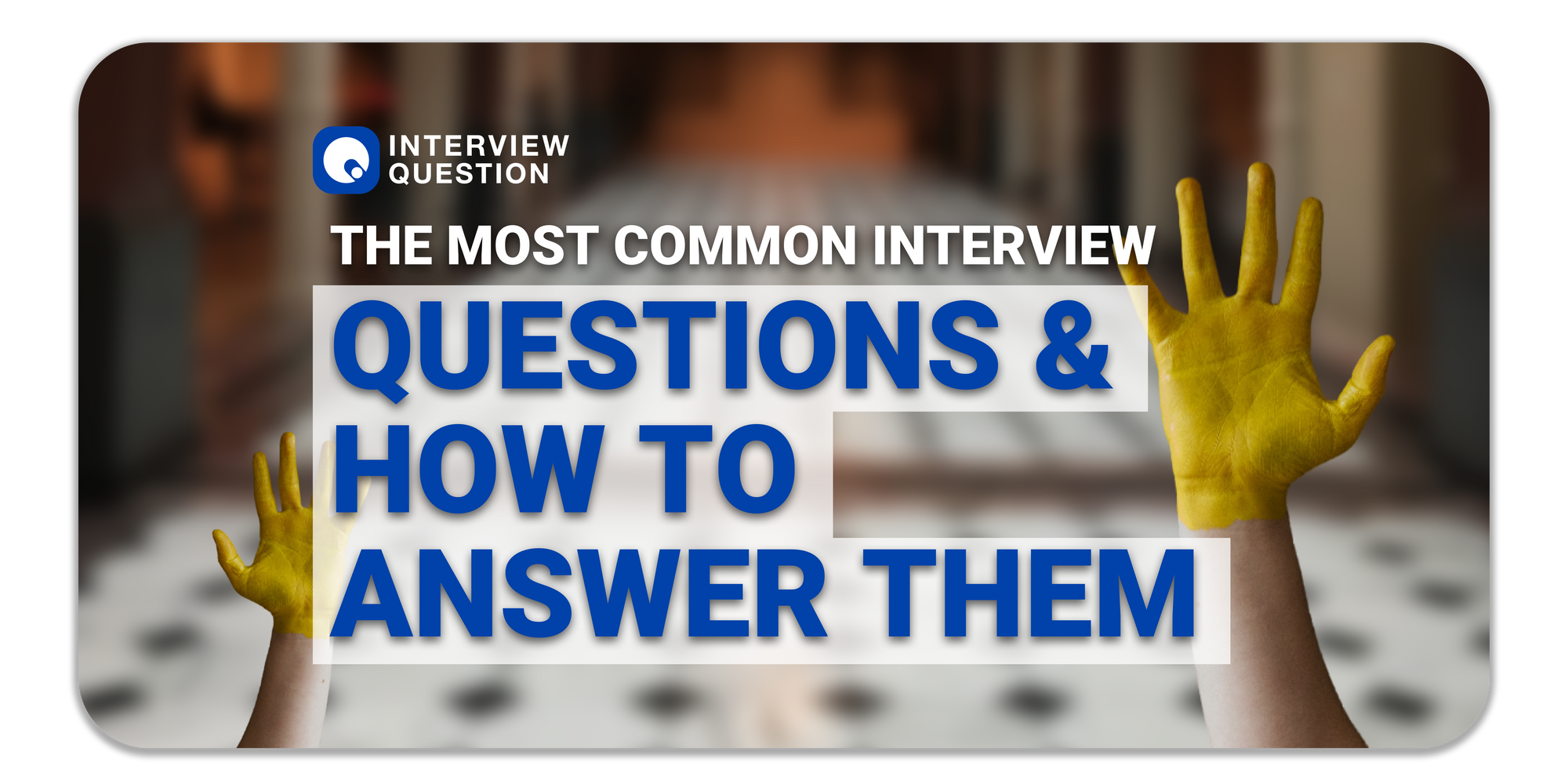
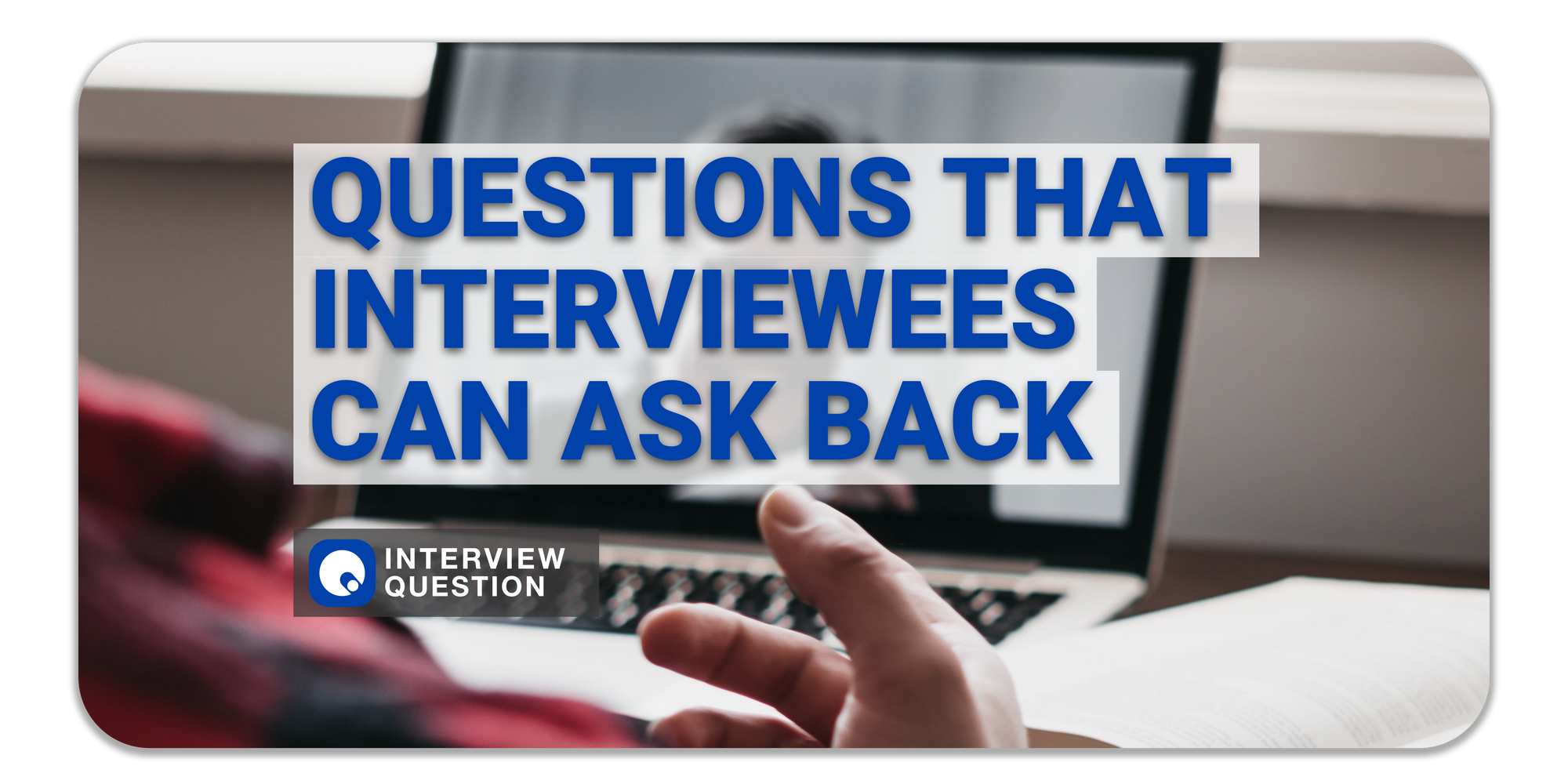
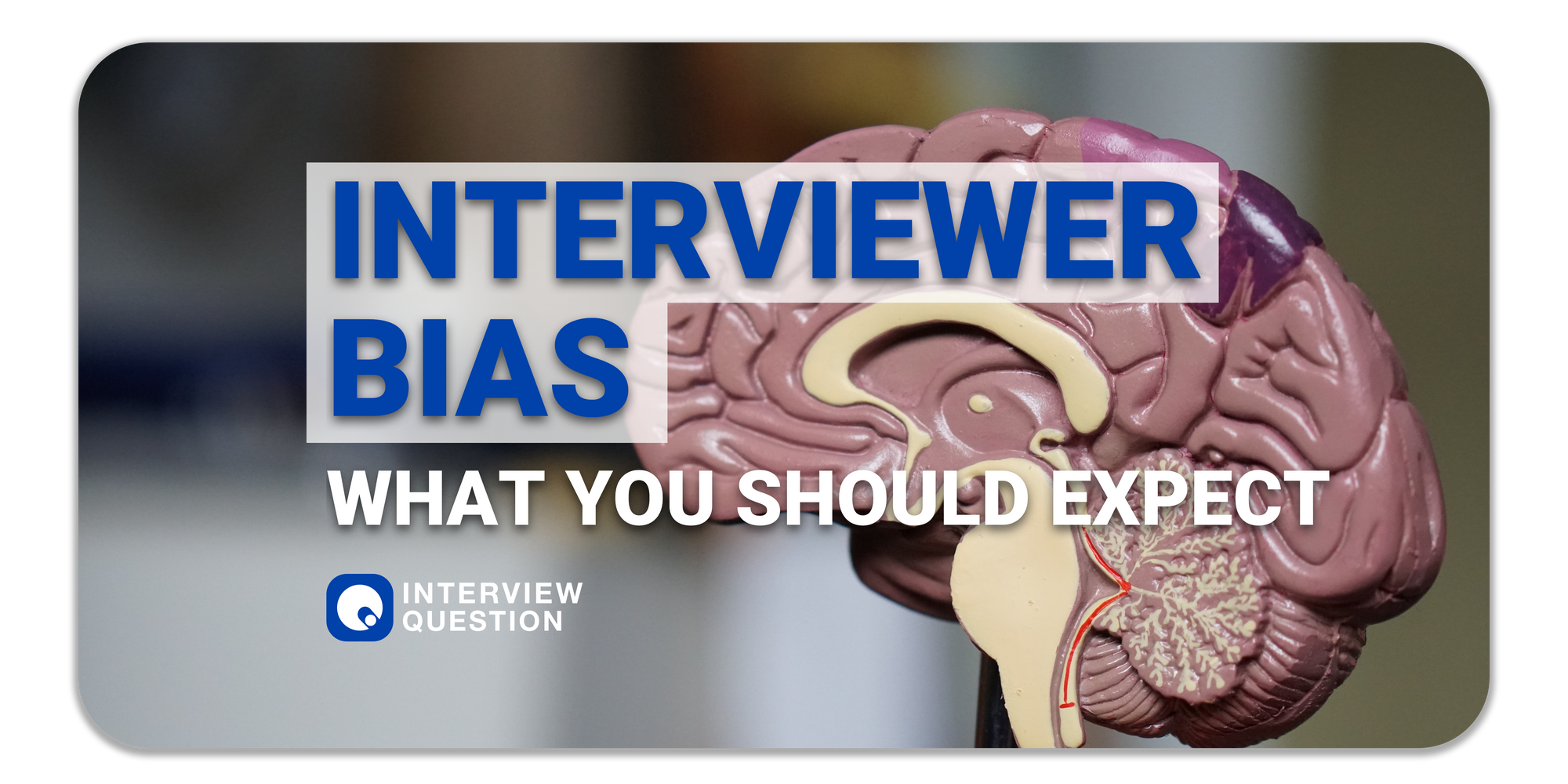
Step 6: Dress and Look Right
How you dress can make a big difference in how you're perceived by the interviewer, so it's important to put a lot of thought into how you are going to present yourself. It's also important that your clothes are clean and well-ironed, since employers will be looking for a professional environment.
In addition to dress, there are many other considerations that employers will take into account as they're looking for ways to evaluate an applicant during the interview process. These include amount of questions asked during the interview, levels of energy and enthusiasm, as well as overall presentation (e.g., confidence when answering questions).


Step 7: Think About Your Body Language.
Dress is one part of the interview process, but how you conduct yourself is actually more important, which means your body language can help or hurt you. When thinking about what body language to use during an interview, it's important to keep in mind that posture and facial expression are two of the most conspicuous forms of body language. You should always try to look attentive. Here are a few ways you can stay focused when in an interview:
- Sit up straight, adopt a good posture and don't slouch or cross your legs.
- Avoid fidgeting and restlessness by moving only your eyes using a slow scan across the room periodically throughout the interview.
- Keep a neutral expression on your face at all times.
- As you're talking, keep your hands relaxed at your sides. They shouldn't be in your lap or folded and twisted in a knot. Avoid crossing them over each other or putting them behind the back of your head.
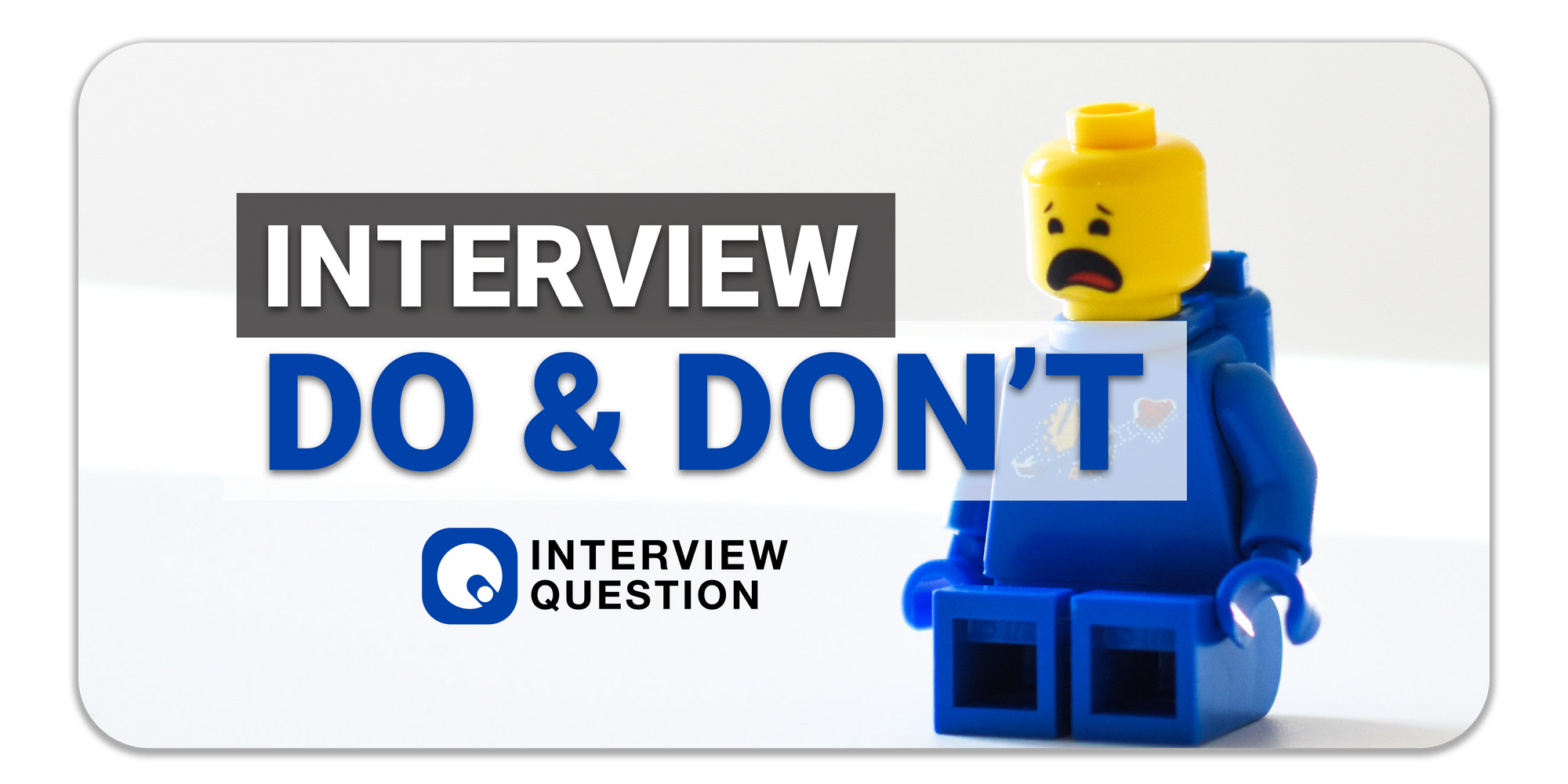
Step 8: Have Backup Plans
Contingency plans are always necessary for the unexpected. During your interview or while you're waiting for your interview, you should always be prepared for things not to go as planned. You should have a backup plan in case you need to reschedule an appointment, if anything doesn't work out during the interview, or if the interviewer doesn't like what they hear from you. The most important thing is to remain calm and professional during the entire process because it can help you recover without much difficulty when something goes wrong. Just think of it this way: an interview is a sales presentation that helps employers evaluate whether they want to do business with you or not.
